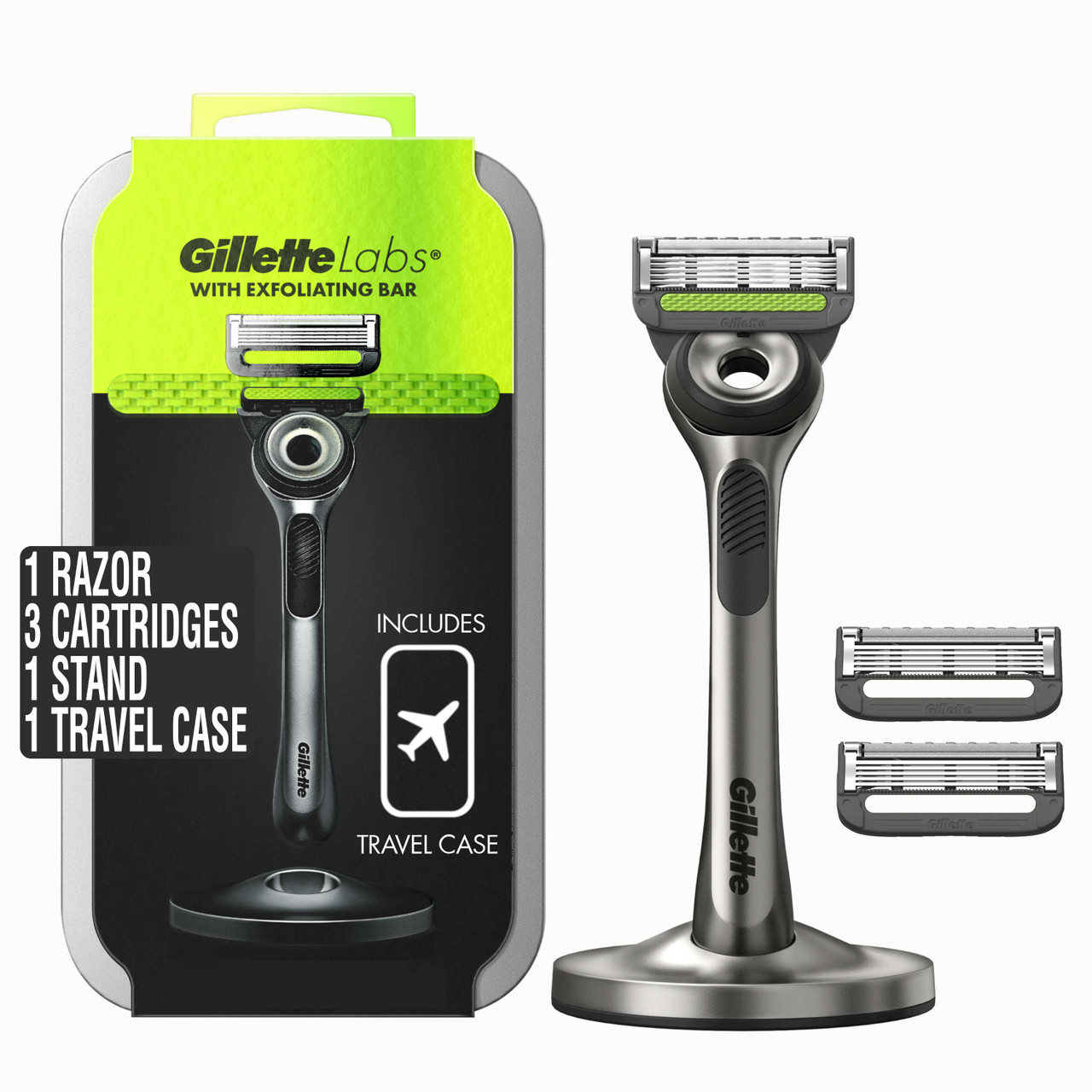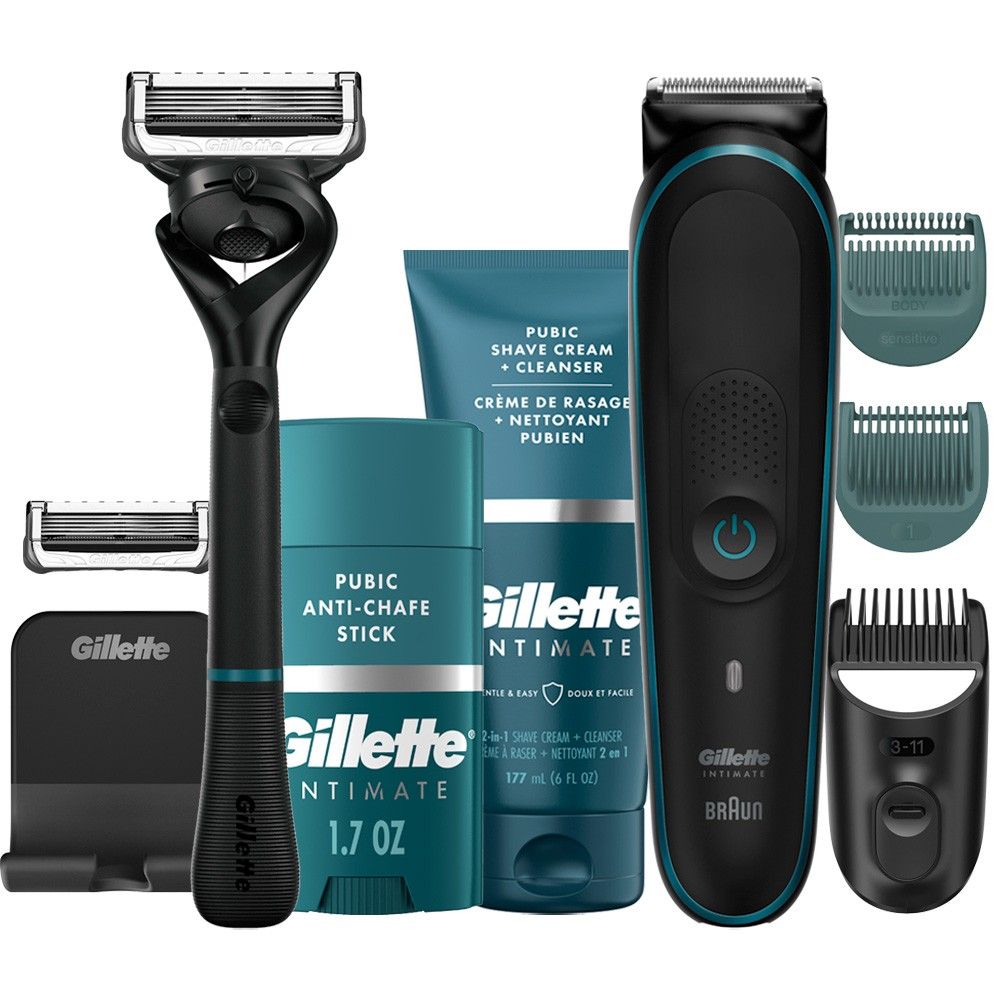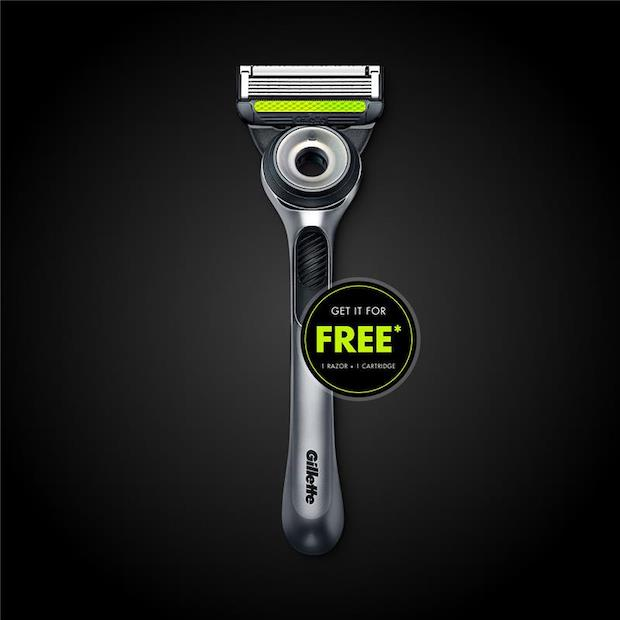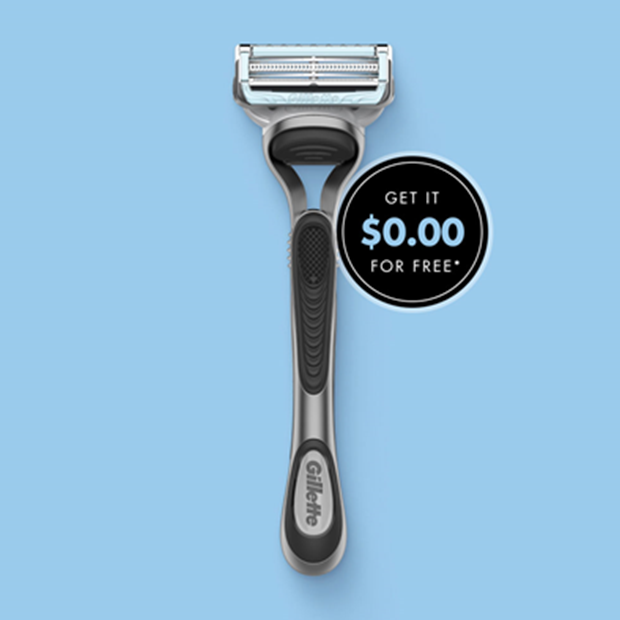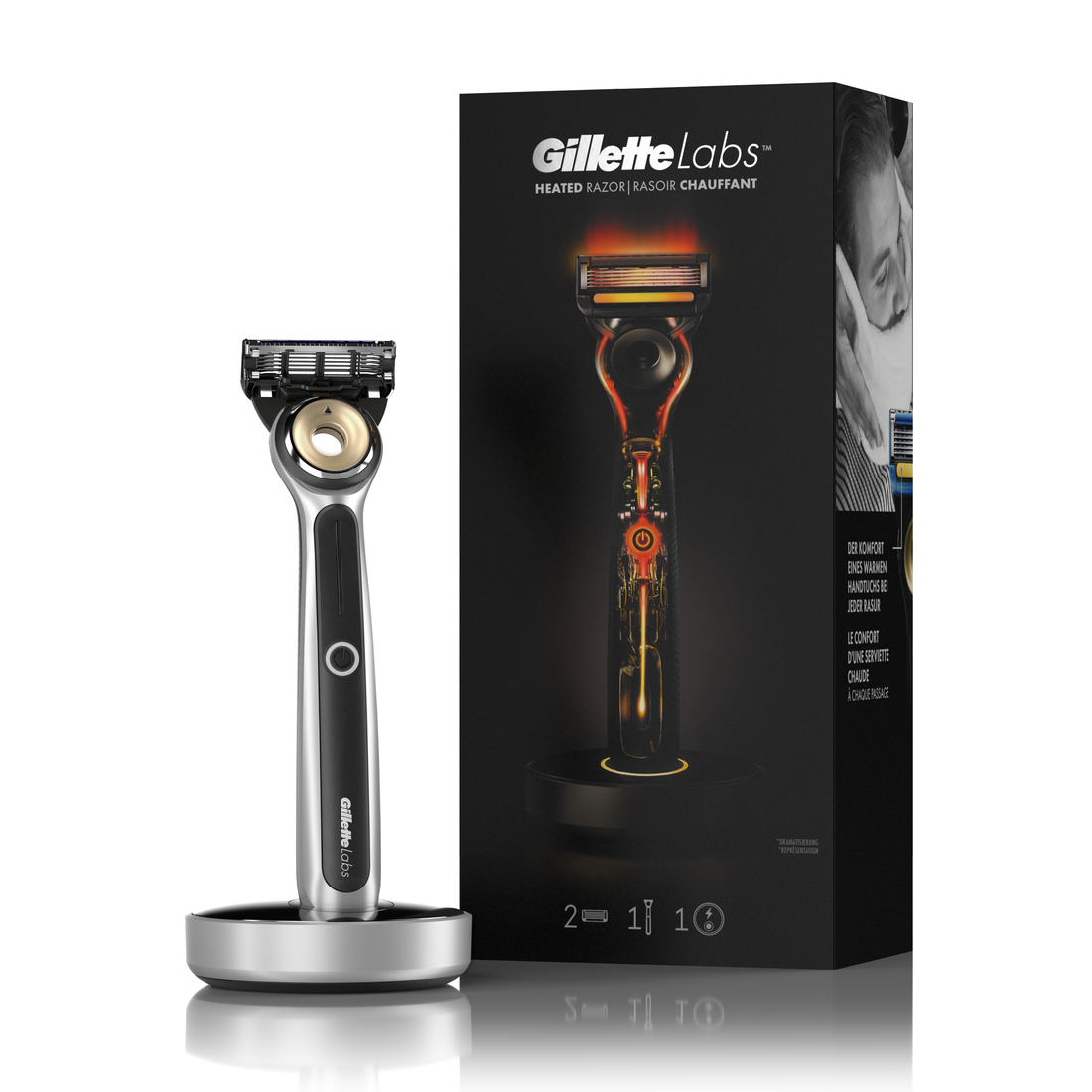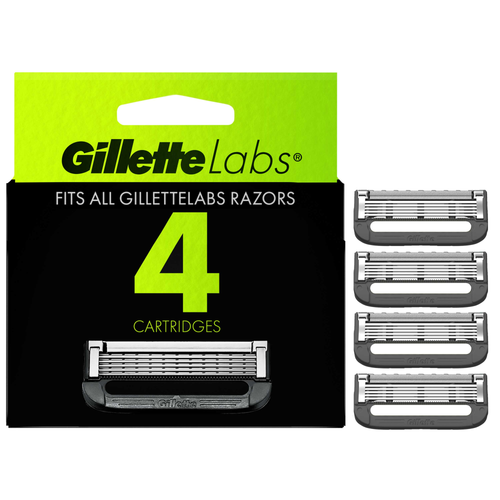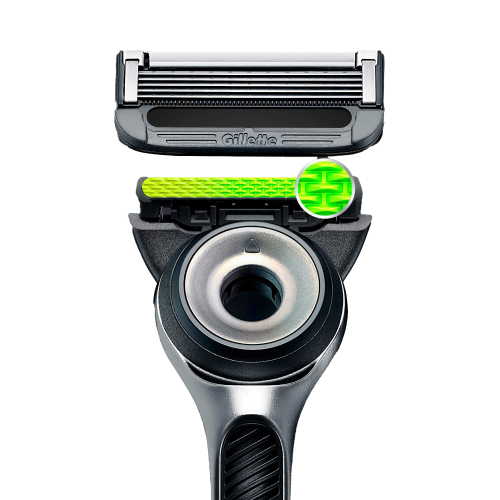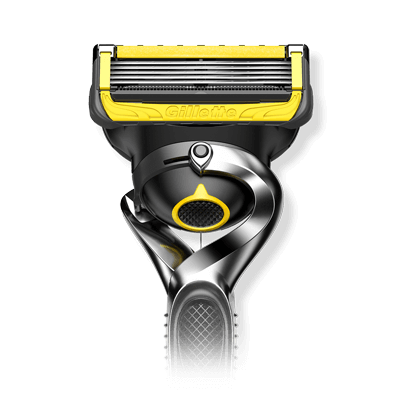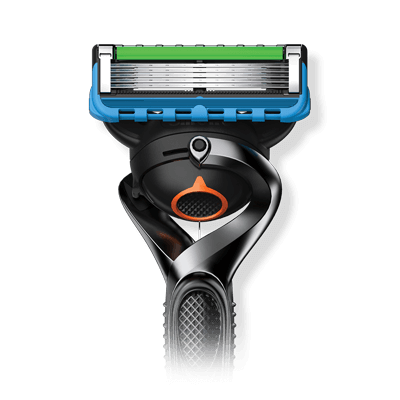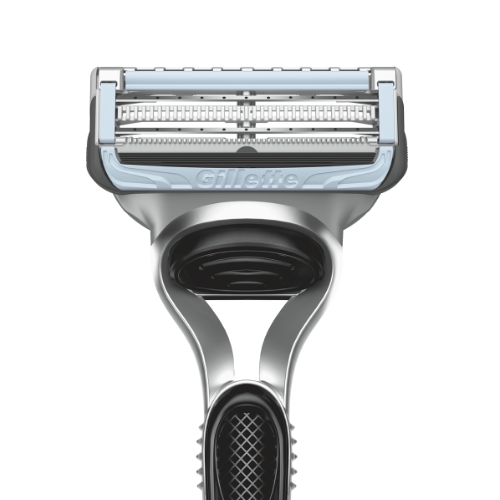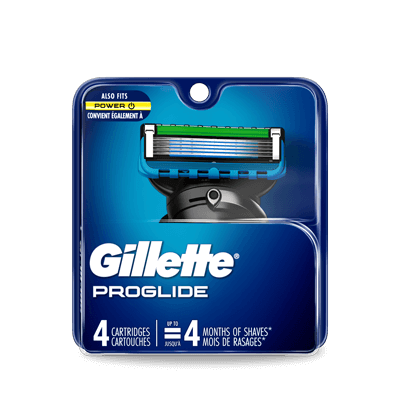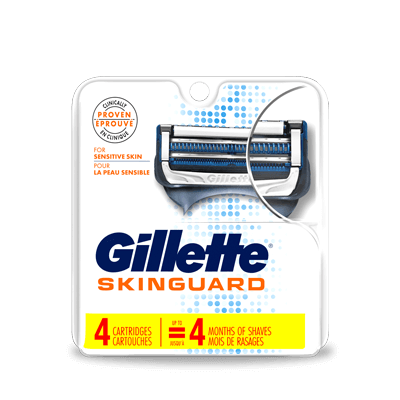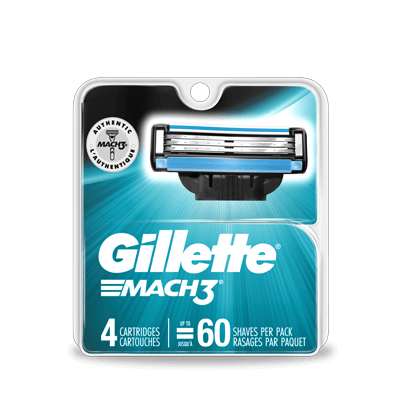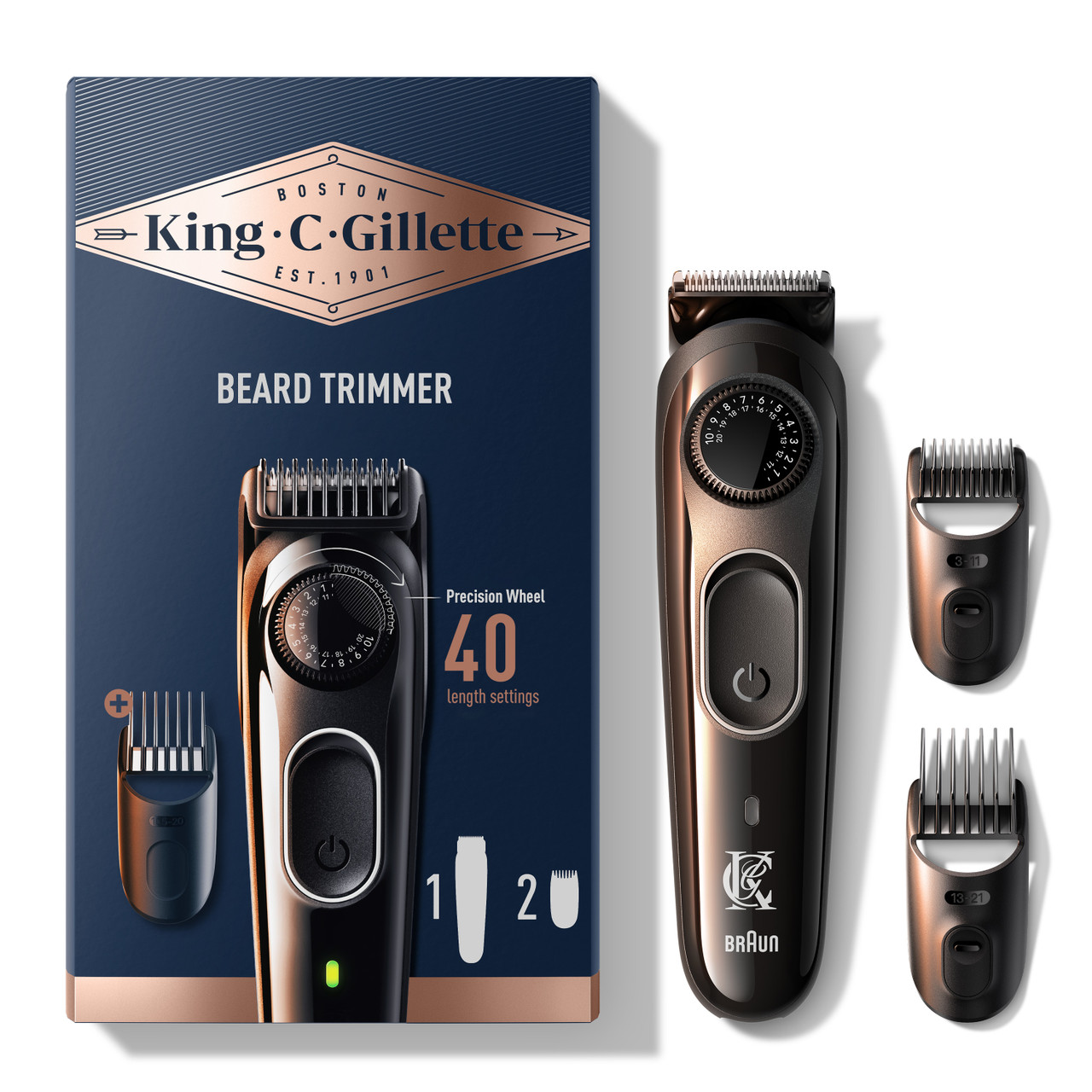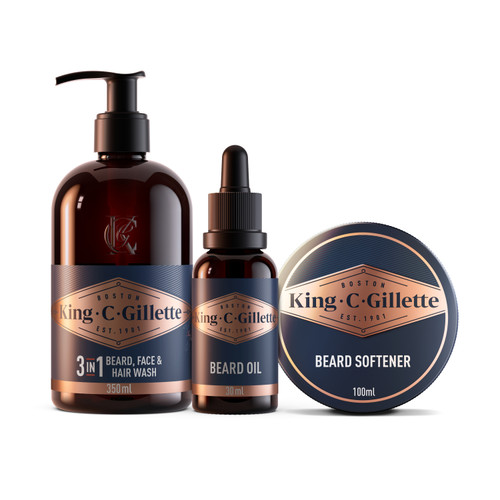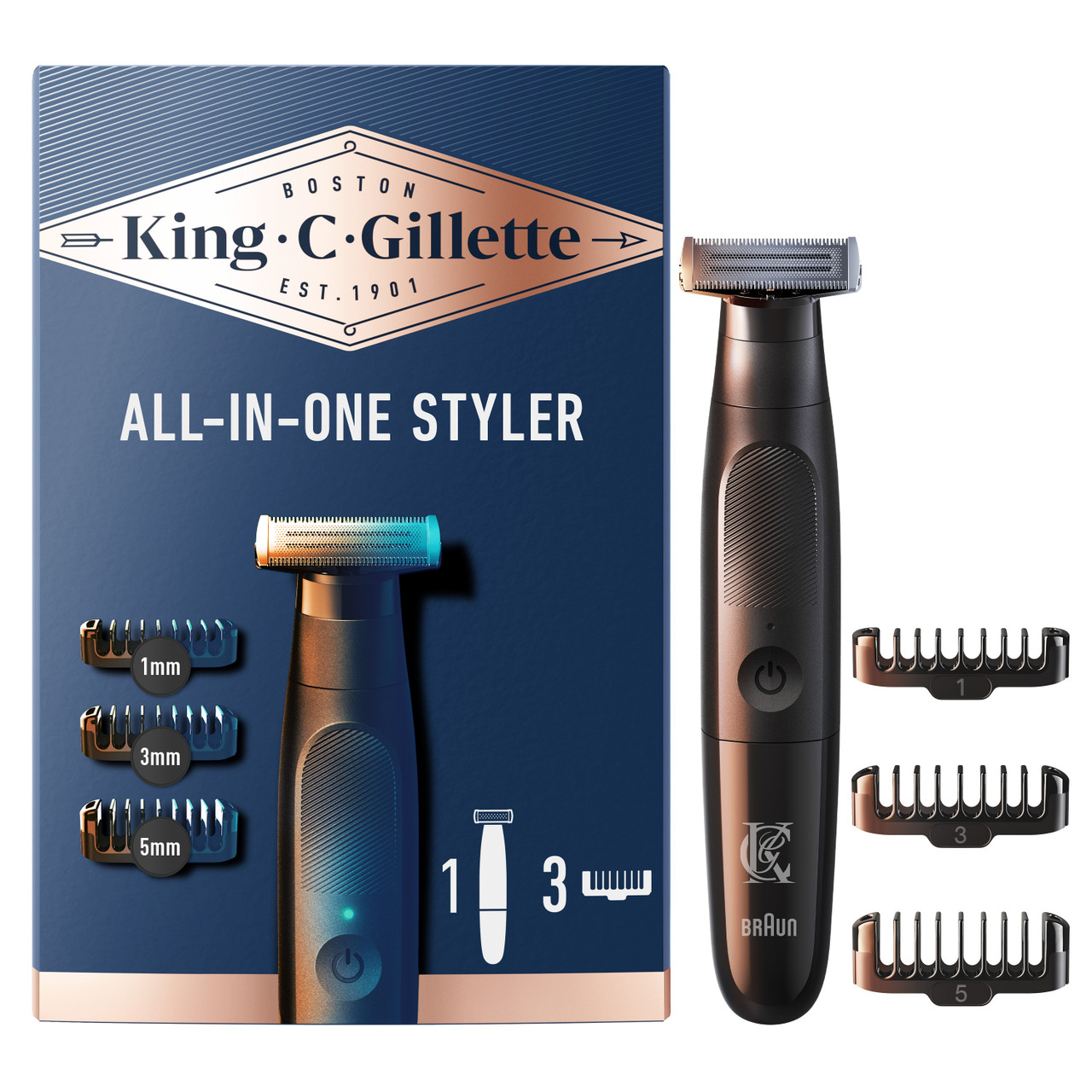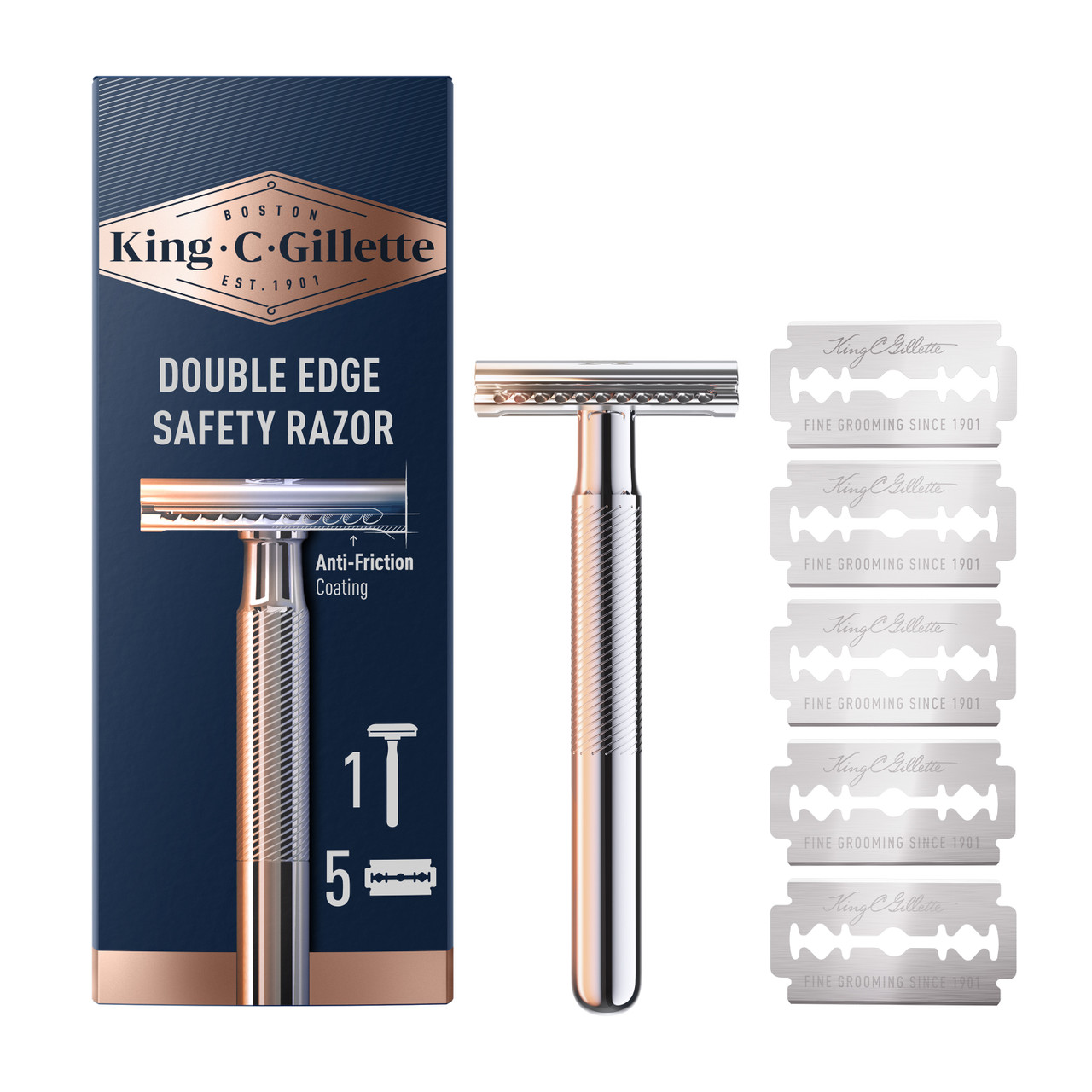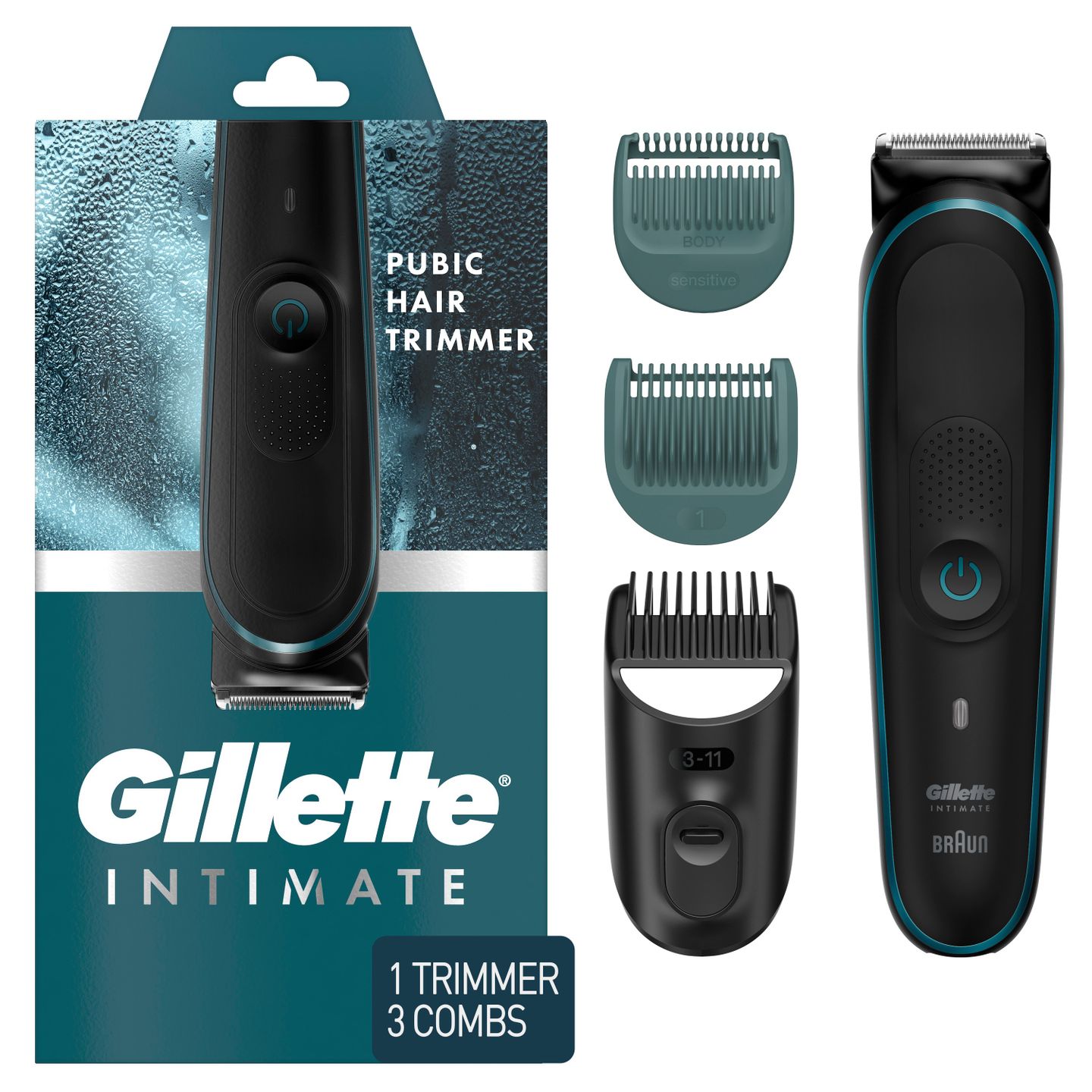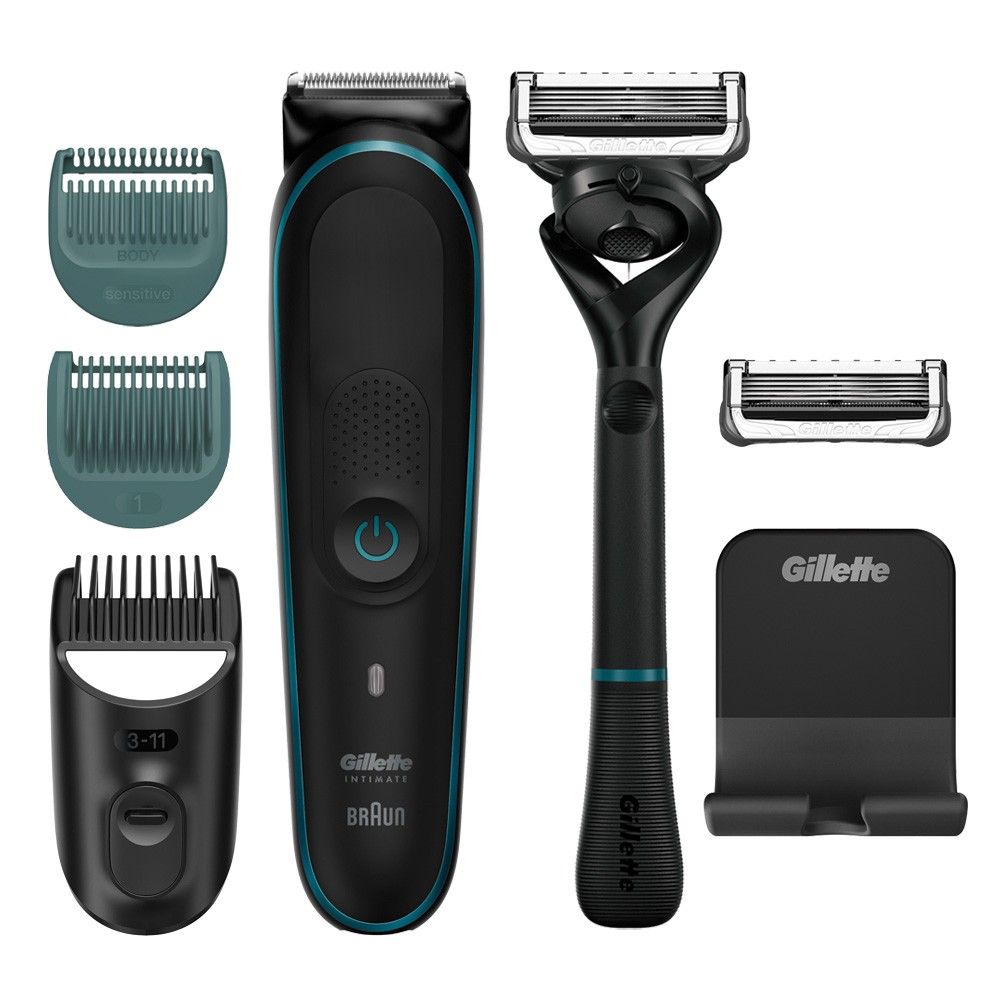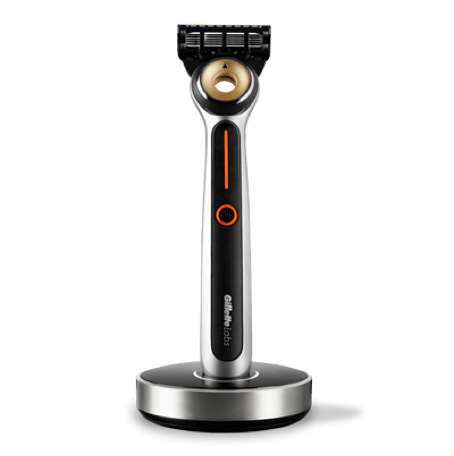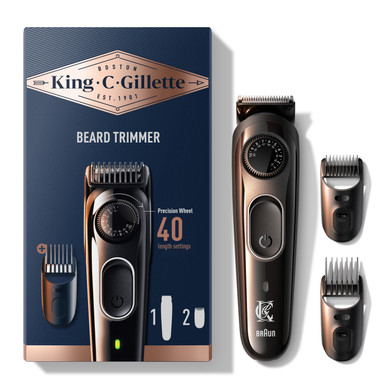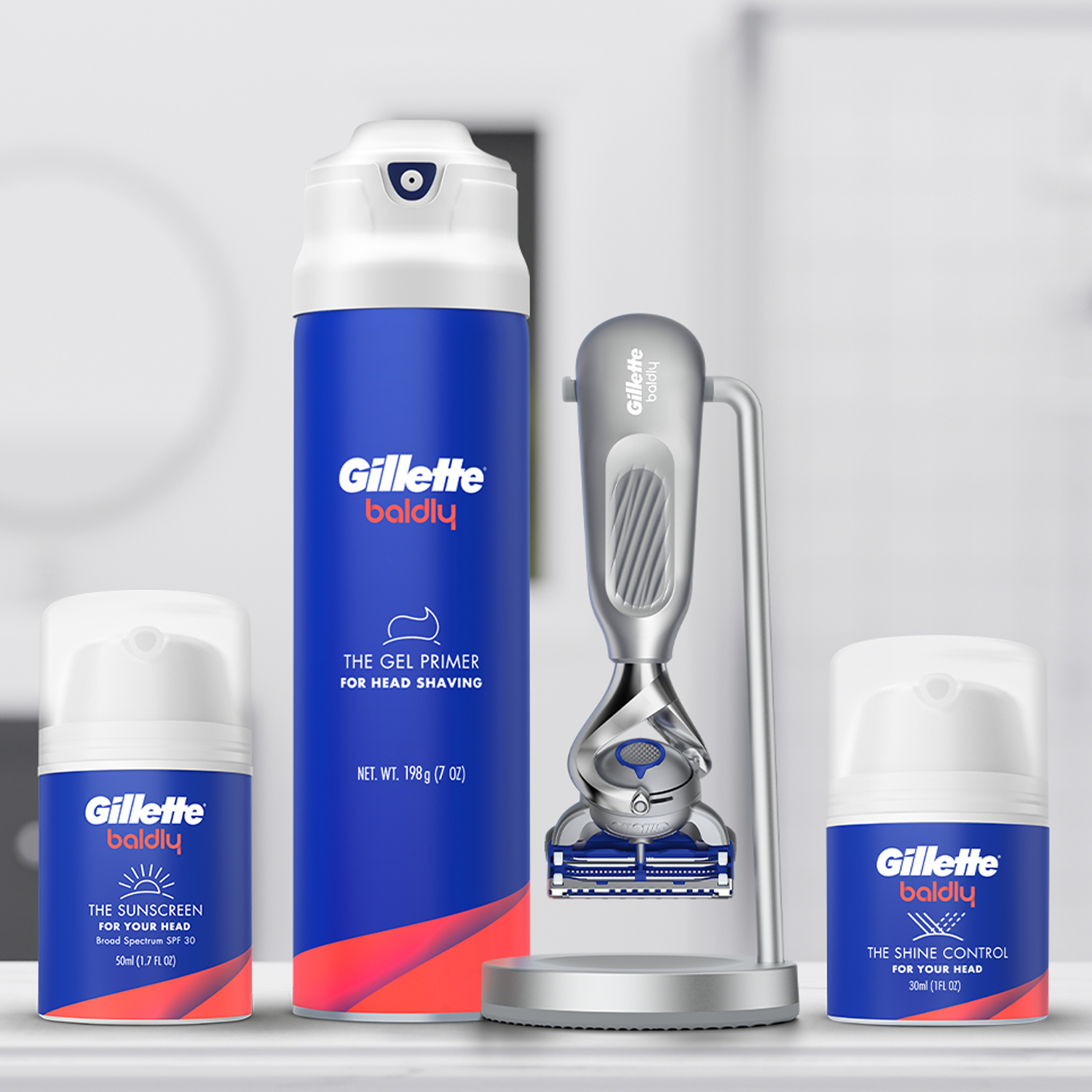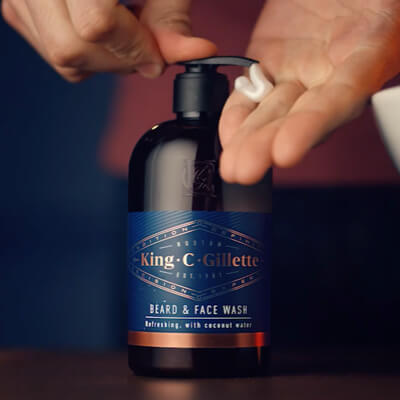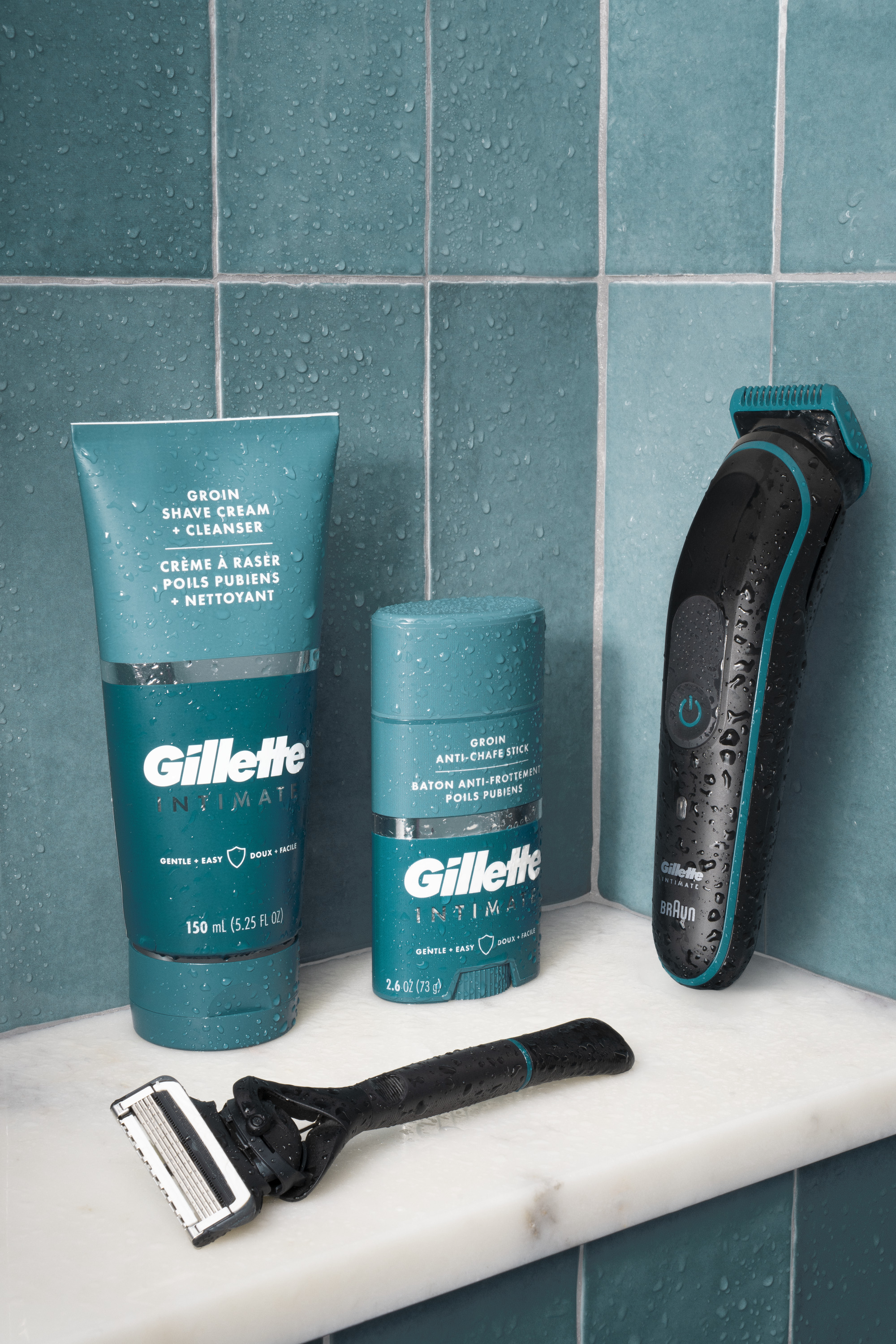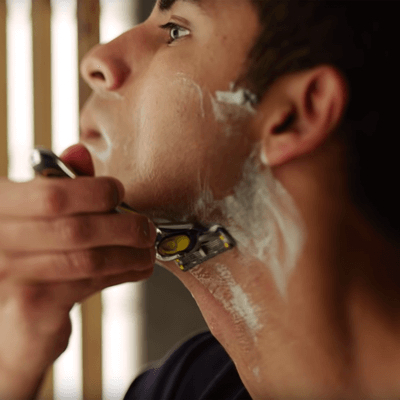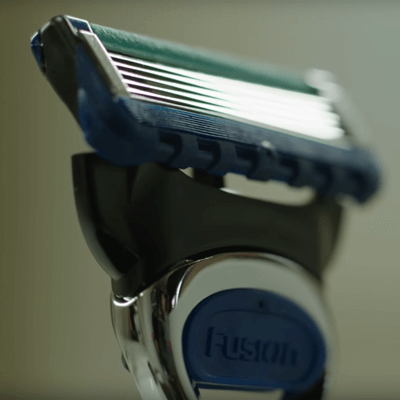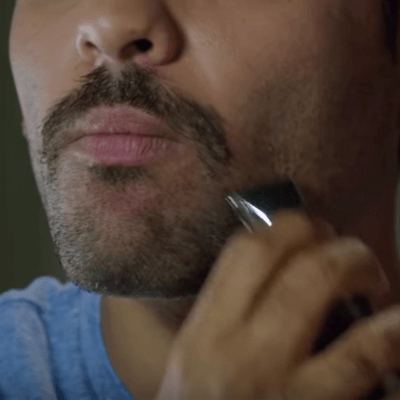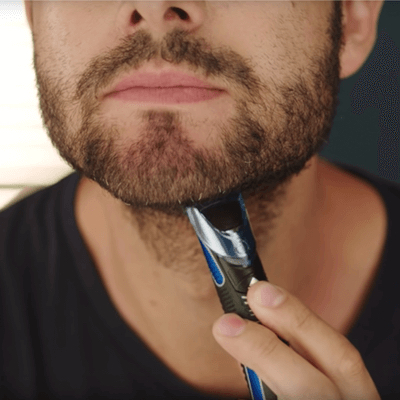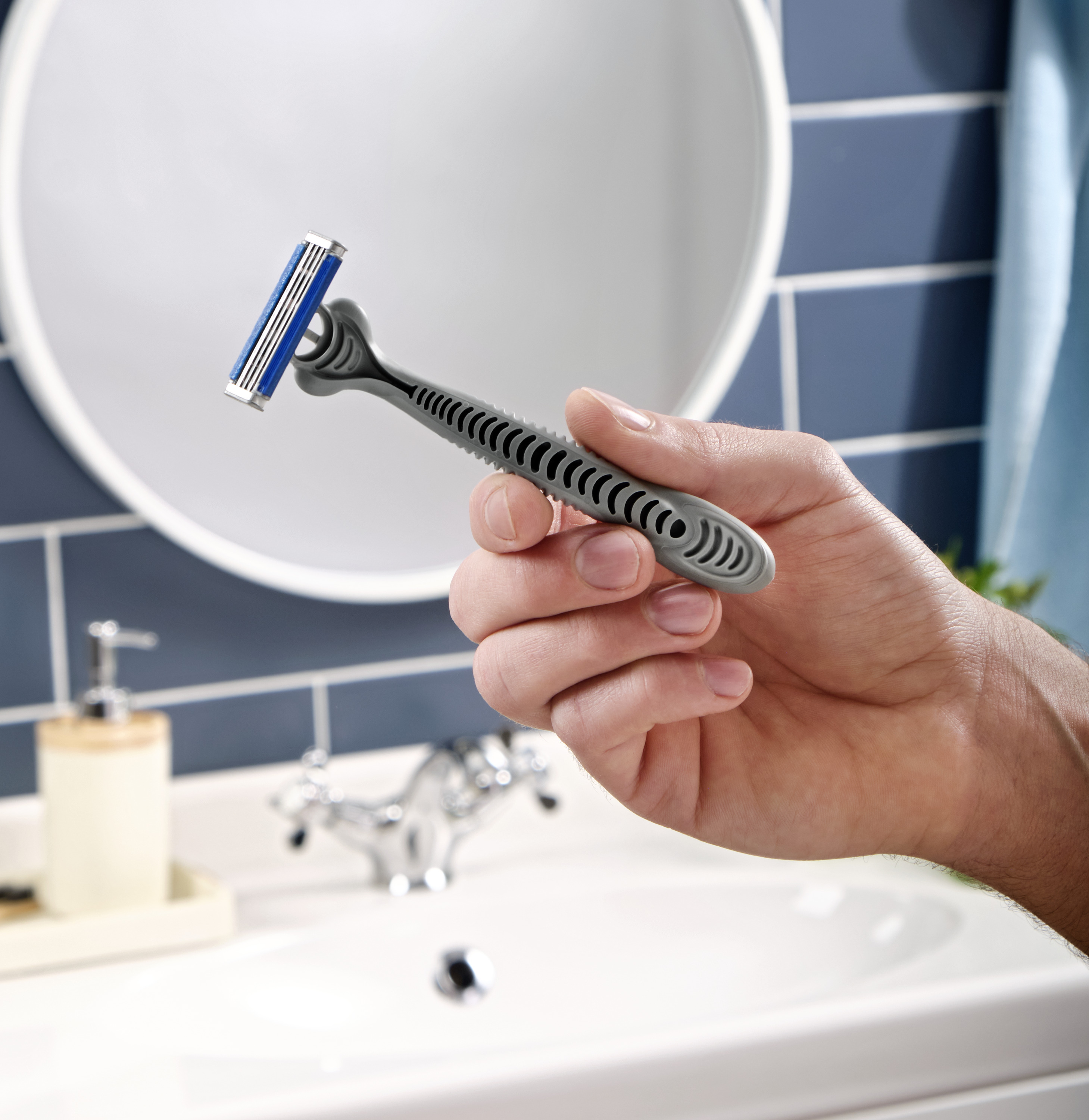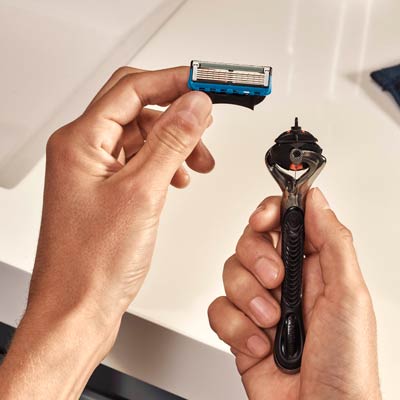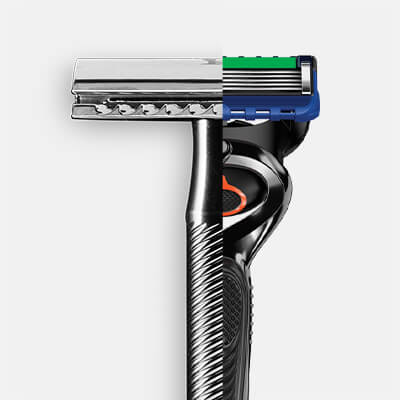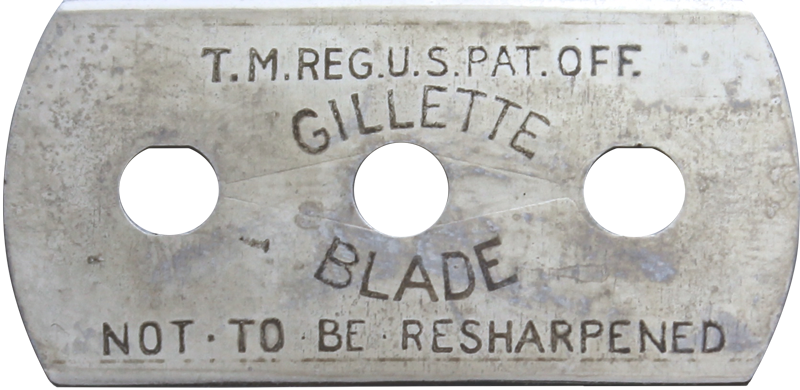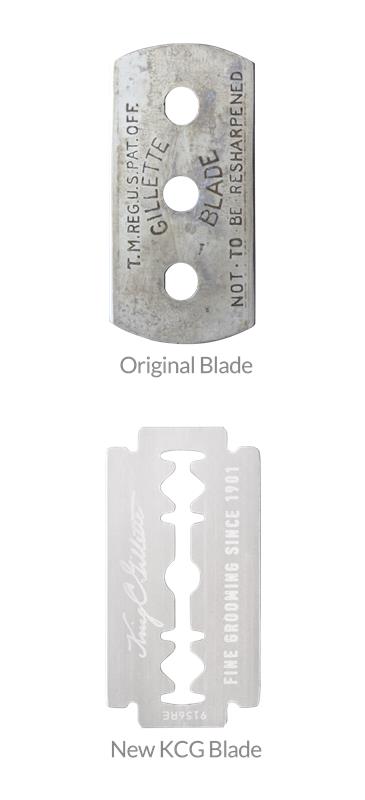Facial hair is a choice. Not a chore.
No matter how simple or complex, it’s about the process of maintaining, crafting, creating and caring for your own unique style. Your grooming ritual.
A well-groomed facial hair style typically also has areas of the face that are clean-shaven. Gillette has a long history of inventing razors for an ever closer, more comfortable shave, including its famous 5-bladed family of razors, which were introduced in 2006. Fu eled by the spirit of our founder, King C Gillette is a new brand that introduces a complete set of precision tools and quality care products, to enable every man to create his unique style .
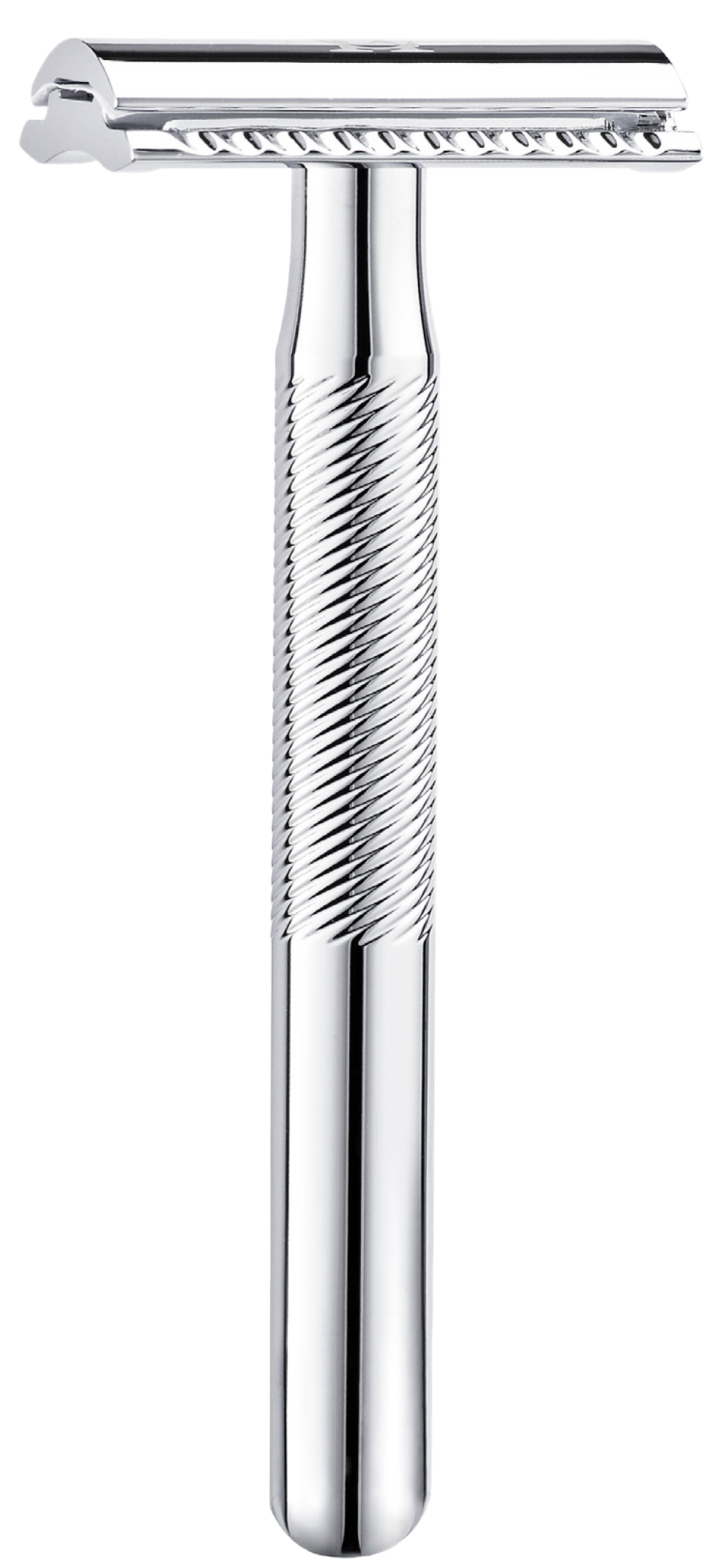

DOUBLE EDGE SAFETY RAZOR:
Based on the original razor that was launched by our founder King C Gillette over 100 years ago, the Double Edge (DE) Safety razor is back by popular demand for its simplicity and relevance. It is recommended for lean shaven areas and
precise edges.
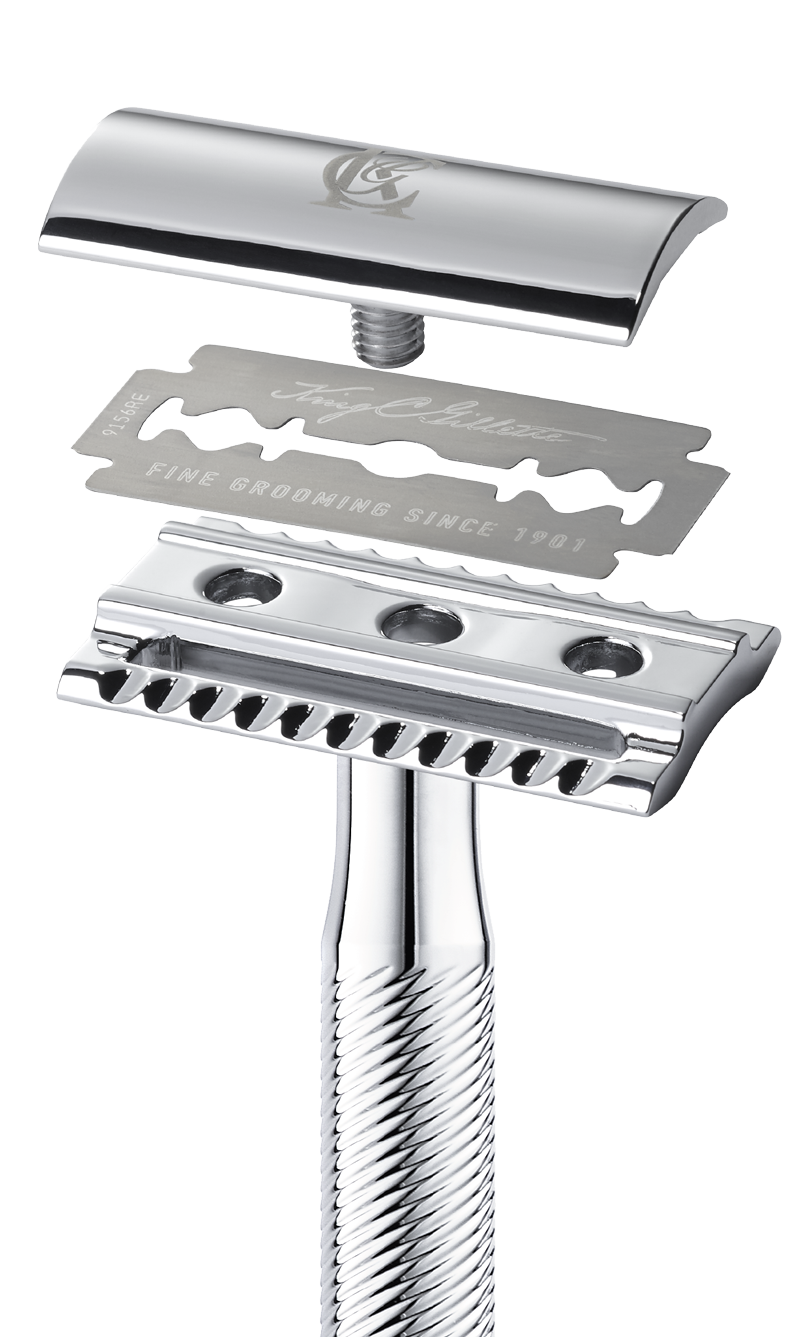
How to Use the Double Edge Safety Razor
HOW TO USE:

Step 1.
Wash with the King C Gillette beard & face wash to hydrate/soften the beard hairs

Step 2.
Using a circular motion, apply King C Gillette Transparent Shave Gel– so you can see where you shave

Step 3.
Hold the razor handle at approx. 30˚ so the blade is positioned at an optimal angle to the skin
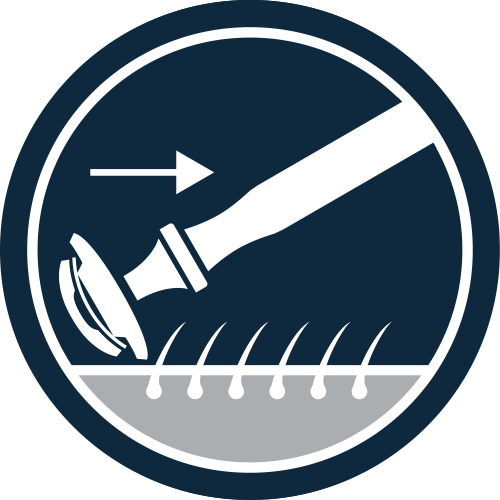
Step 4.
Take short strokes in the direction of the hair growth applying light, even pressu re
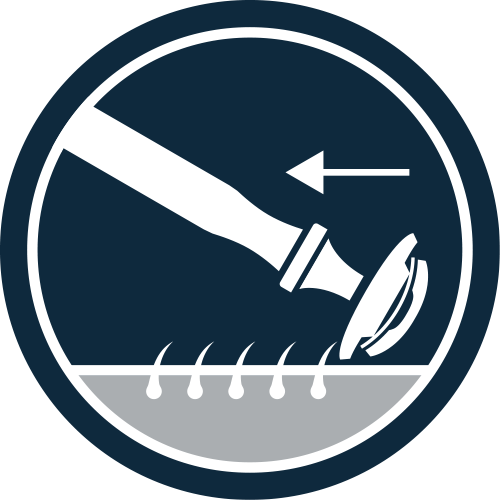
Step 5.
For a closer shave, reapply shave prep and take additional shaving strokes against the direction of the hair growth

DOUBLE EDGE SAFETY BLADES:
Based on the original blade that was launched by our founder King C Gillette over 100 years ago. His main objective was to provide a blade that no longer needed stropping/sharpening, making it easier for men to have a safe shave at home.
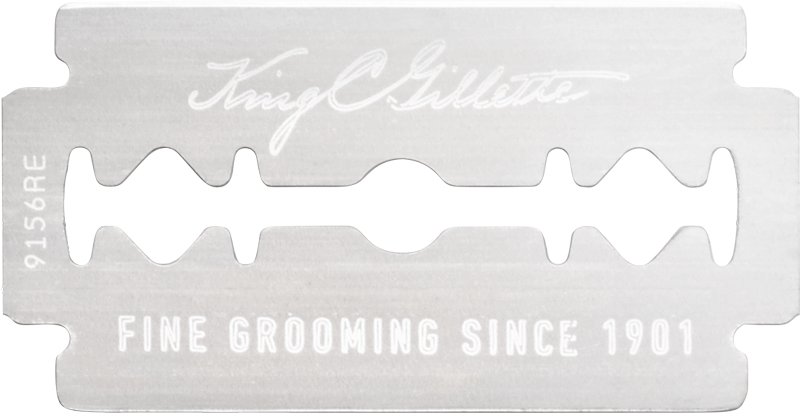
New KCG Blade
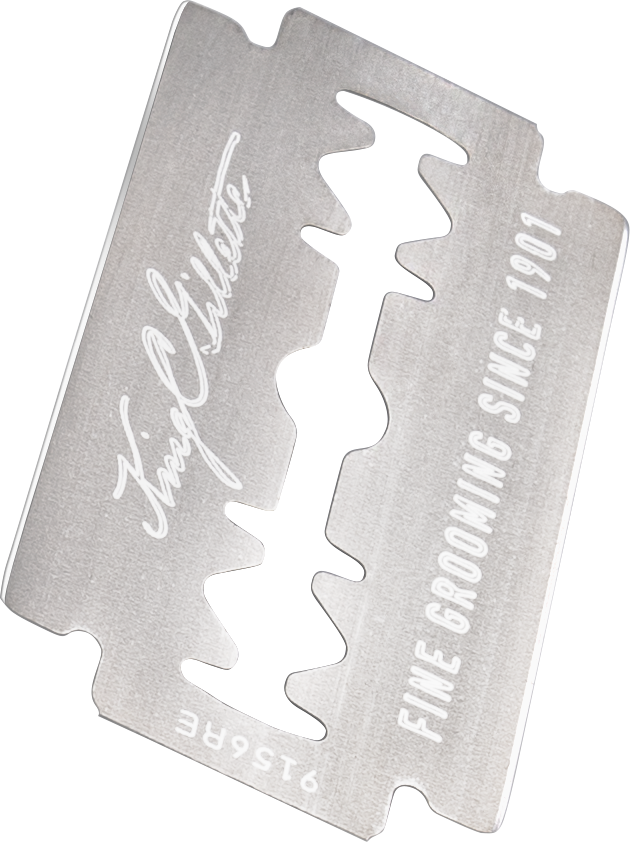
FEATURES

STAINLESS STEEL
Protection against corrosion*

ANTI-FRICTION COATING
To glide through hair with less resistance*

PLATINUM COATING
Added strength and durability*

